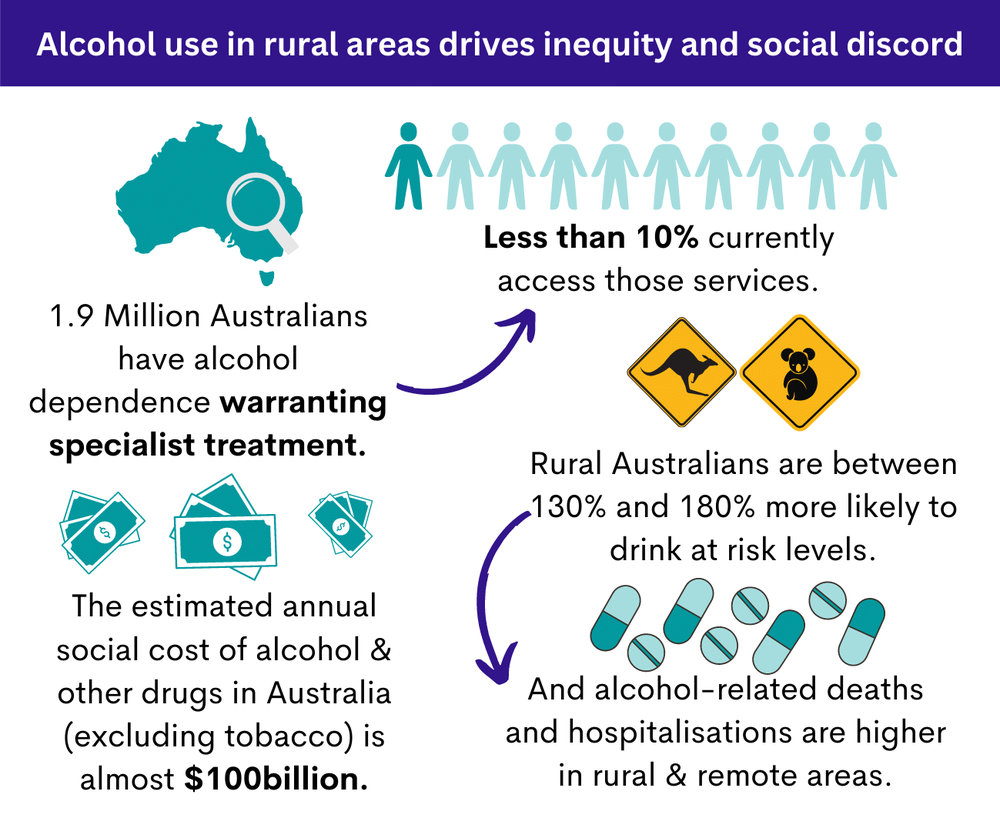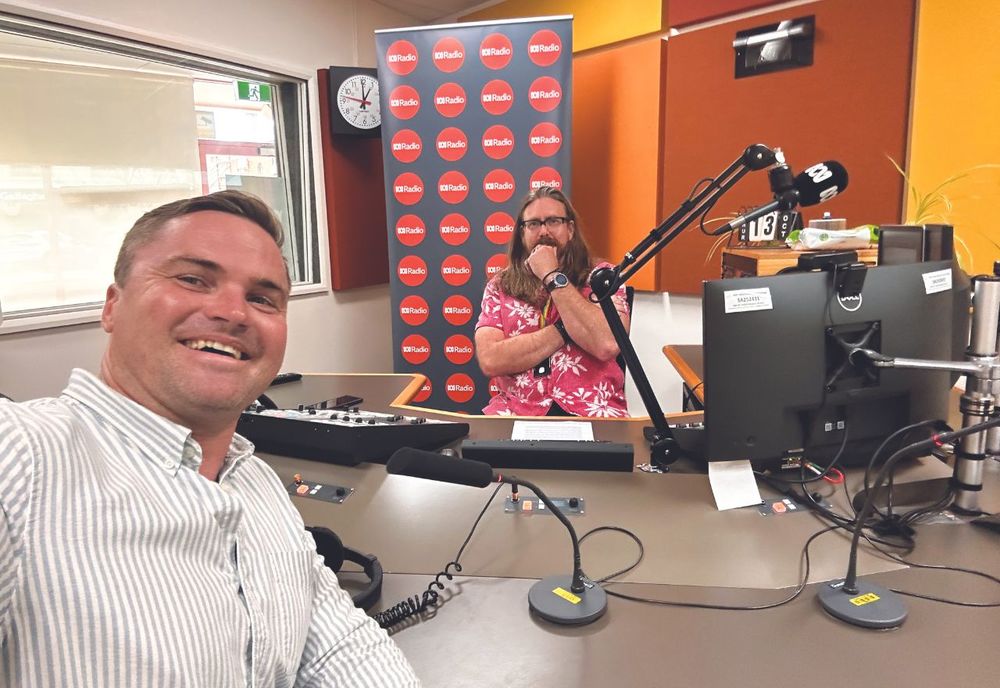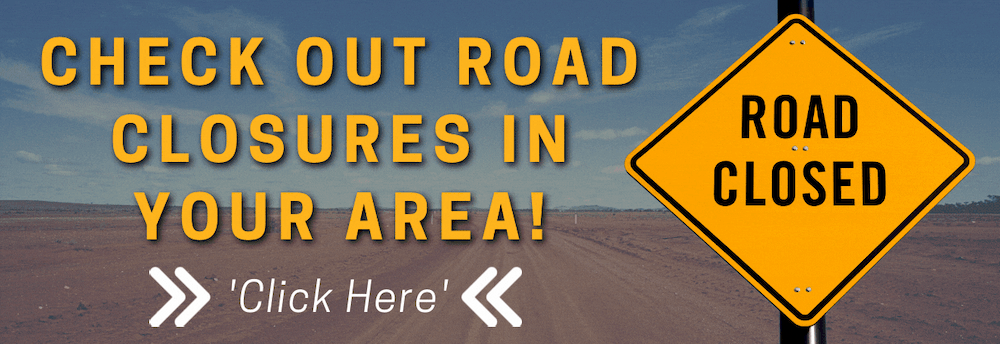Bringing detox services home to the bush
Lee O'Connor
20 October 2022, 8:11 PM
 Alcohol can be the most dangerous detox - now you can get help without leaving home.
Alcohol can be the most dangerous detox - now you can get help without leaving home.PEOPLE living in small communities across the western plains will soon have their first chance to beat damaging addictions to alcohol and other drugs, under medical supervision, without leaving home.
The Western NSW Primary Health Network (PHN) recently announced a pilot program called the Bush Detox Service which will run for 12 months and trial a medically-supported home detox program that has been running successfully in inner Sydney for the past couple of years.
The Clean Slate Clinic will be leading the trial and co-founder and director Chris Raine, who has been visiting towns in the region recently, says that the program marks a potential breakthrough for regional areas because it promises an opportunity for “anyone anywhere” to safely detox and be supported through to long-term recovery.
At present, anyone requiring medically-supervised detox services have to wait for a vacancy in a residential facility which, in NSW, are notoriously few and far between and have long waiting lists.
“We know that it currently takes an average of 18 years for people with substance issues to access treatment,” Mr Raine said.
“Alcohol and other destructive substances are very easy to get in any community, and there will always be people who become dependent, but it is very very difficult for these people to get help.
“There’s a massive imbalance there. We need to find some way to make it easier.”
Mr Raine says treating an alcohol addiction is very complex and it is also the most dangerous habit to break.
Although detoxing from heroine, cocaine, cannabis and methamphetamines can be painful and anxiety-inducing, going ‘cold turkey’ from alcohol can induce serious tremors and life-threatening seizures so should be undertaken under medical supervision.
The Bush Detox pilot aims to demonstrate that by using telehealth and collaborating with local GPs, pharmacists and other support services, a much more accessible and affordable option could be available into the future.
“We’ve already had three or four people sign up,” Mr Raine said. “We have 20 funded places and we will run it for 12 months.”
“If you’re drinking daily and heavily and you want to quit, you have a relatively stable home environment and you have someone who can care for you or someone who cares to check on you, I’d encourage you to do the suitability test on our website.”

Sobering statistics on alcohol use in rural Australia provided by Clean Slate Clinic.
Once assessed, experienced nurses work through a preparation period with the person where other health and safety checks are completed, connections are made with GPs and pharmacists and medication is arranged.
“The one week of detox is really hard, but they are supported with daily video consults and medication,” Mr Raine said.
“Then the checks wind down to every few days and gradually every few months and we make sure there’s a mental health plan in place.”

ABOVE: Chris Raine of Clean Slate Clinic with ABC Radio Western Plains announcer Nick Healey.
He emphasises that the program is adapted to fit the person and that no two people respond and progress through it the same way.
“It’s really important that we do this well,” he said. “Our main focus is on alcohol because it’s a quite intensive model and it lends itself to the more complicated alcohol treatment.
“Our piece in the puzzle is the clinical bit, we do that risky bit to get them off the substance but we also have those ongoing partnerships and support in place to provide the care and healing that is required after that difficult first week.”
A number of the 20 fully-funded places in the Bush Detox pilot will be made available to Indigenous residents, but anyone in the Western Local Health District seeking help with alcohol, methamphetamine, cannabis or cocaine use is encouraged to apply.




